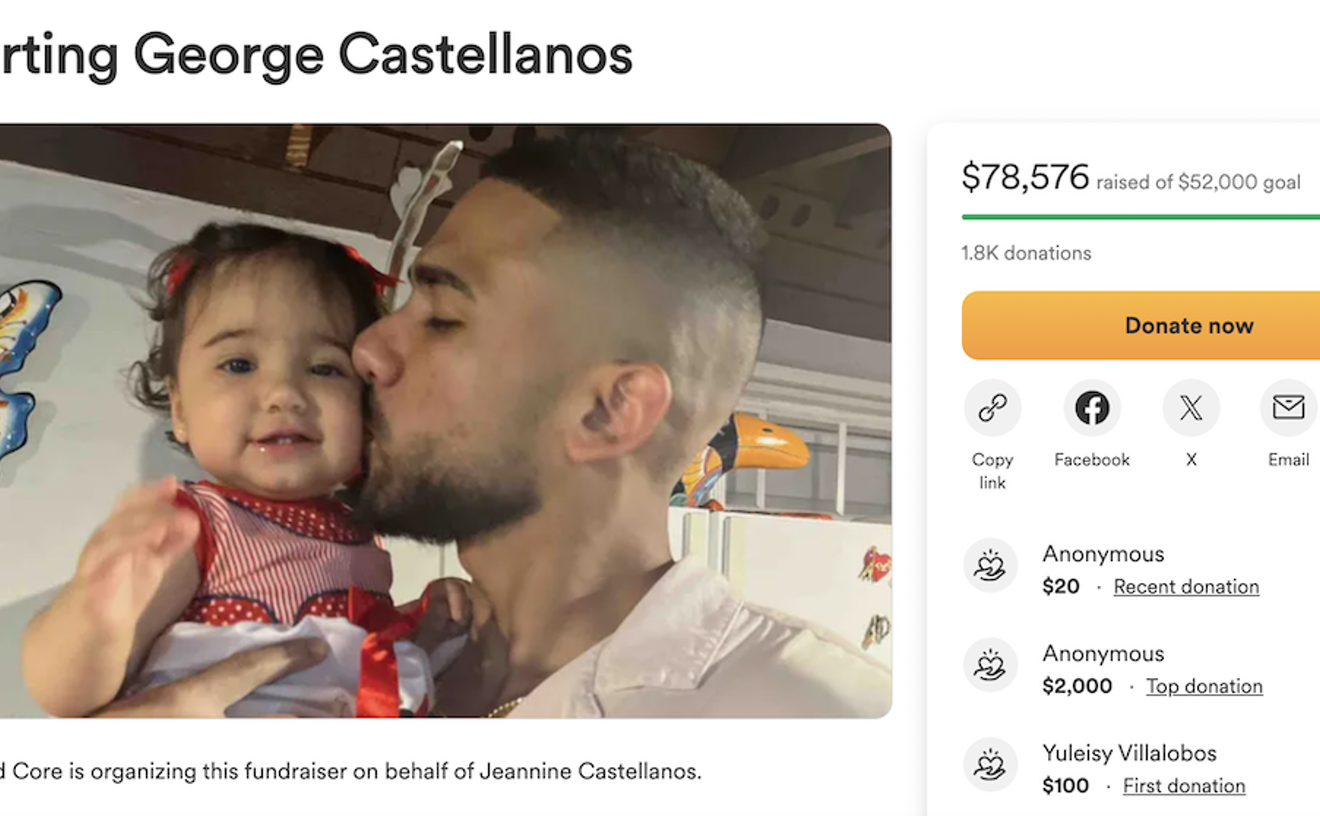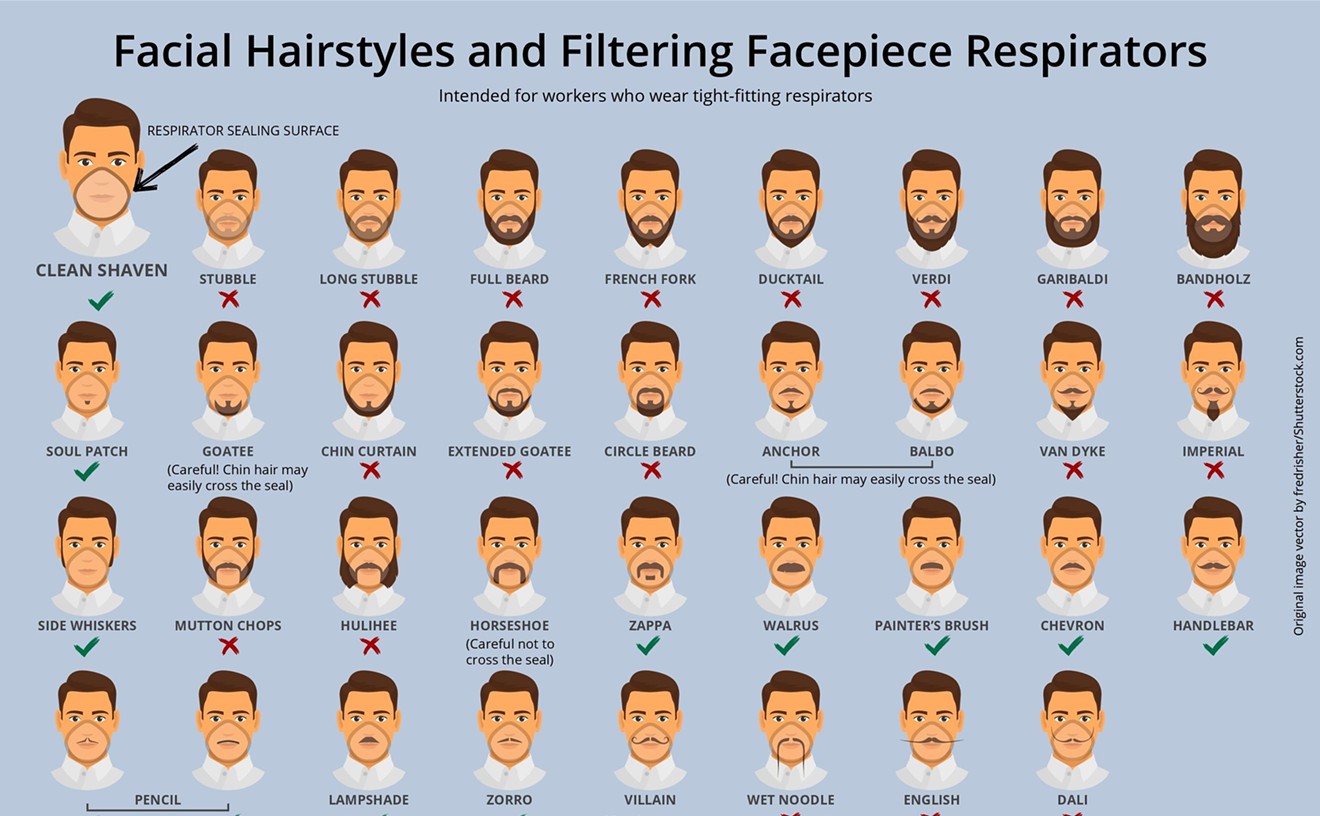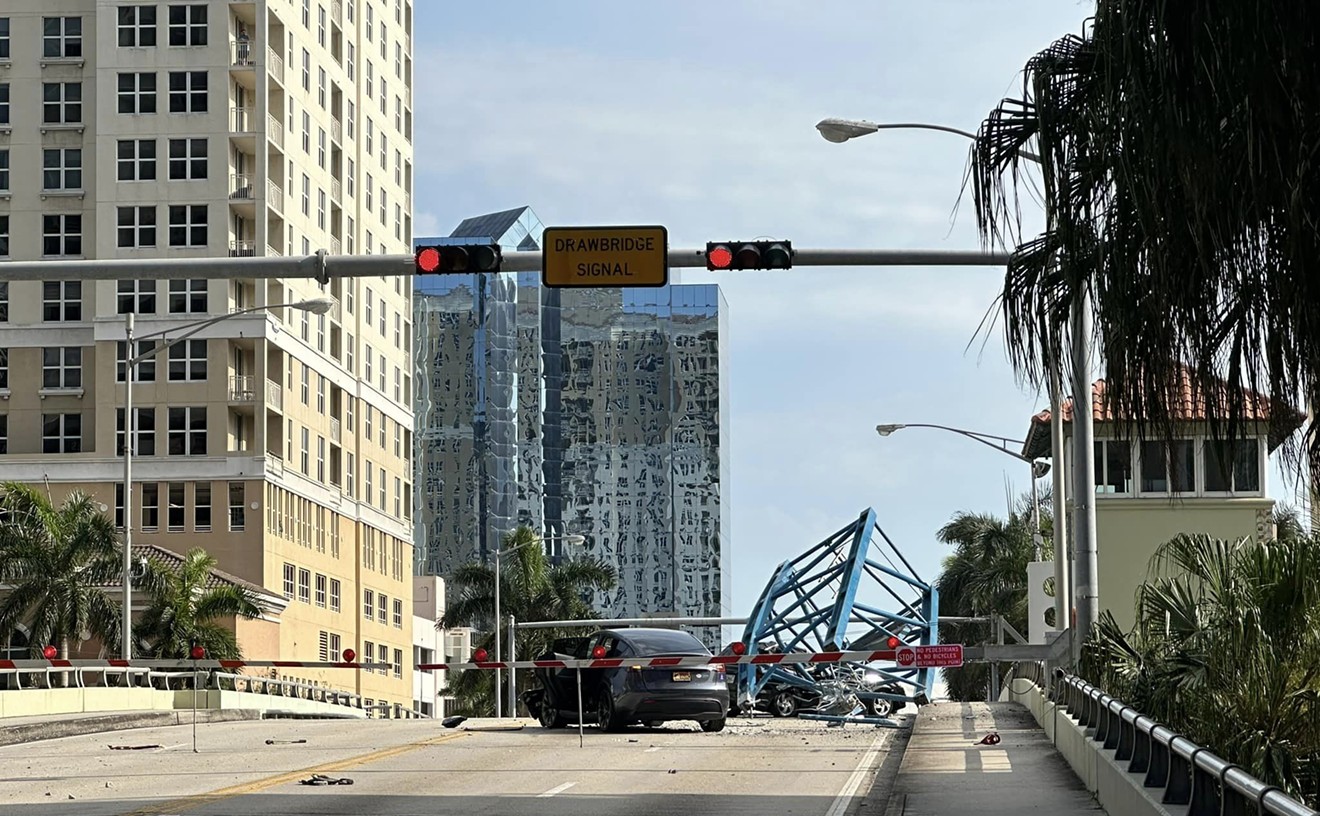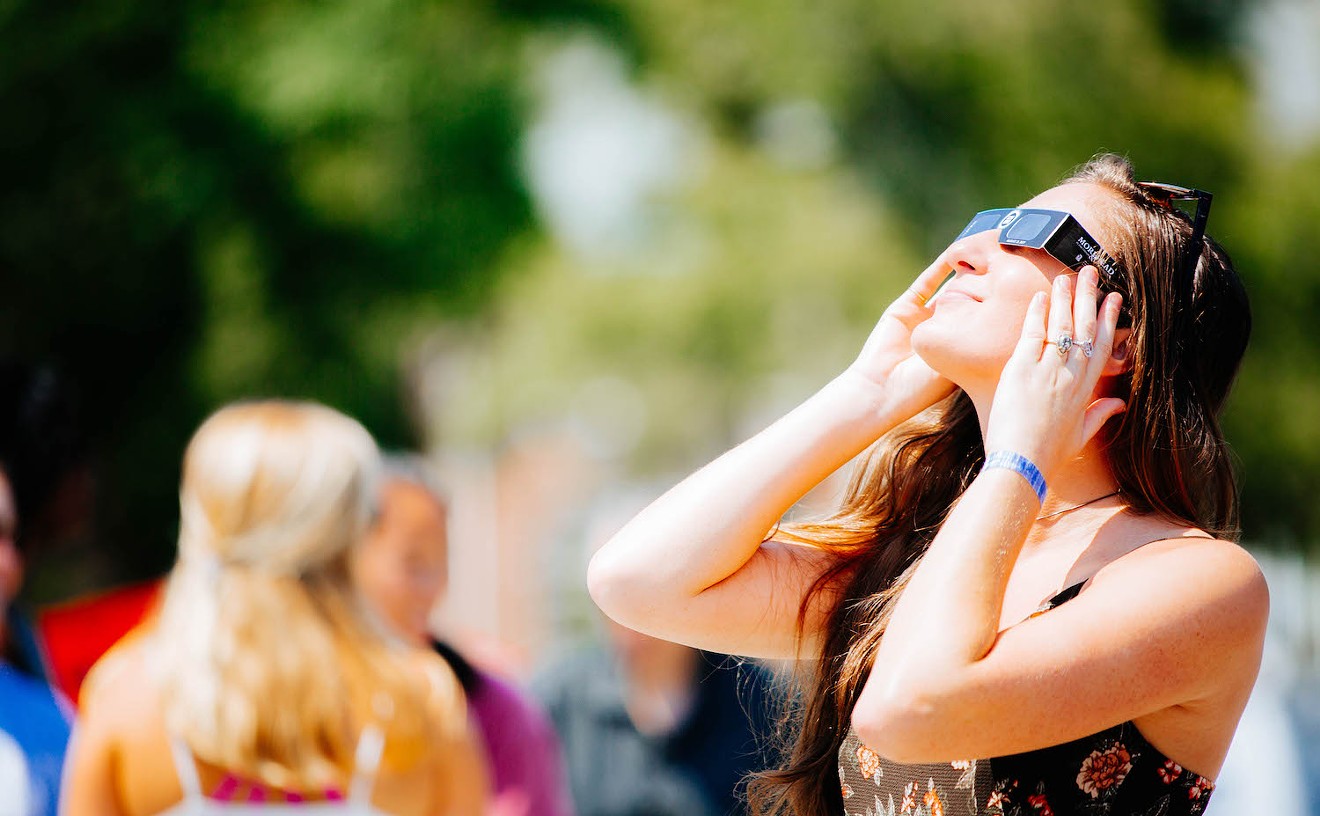Jane woke up early. It was five days into the cruise, and the Celebrity Summit would be docked in Bermuda for the rest of the day before setting sail for New Jersey. The night before, the 19-year-old had gone to a show with her parents and her childhood best friend. It was the last week of August 2017, and soon Jane and her friend would return to their respective colleges. After spending days by the pool, Jane, a young performer pursuing a career in dancing and acting, decided to work out before hitting the beach.
The sun had just begun to rise when she dragged herself out of bed and headed downstairs. The fitness center was almost empty, save for one other person working out and an older male crew member from Mexico standing at the desk. Jane felt uneasy as he barraged her with questions and inappropriate comments. "Are you one of the performers?" Jane recalls him asking. "You're here so early. I could tell you're a performer by your figure."
"The tone was friendly, but I felt trapped," Jane says. "I just wanted to go for a run, but he kept talking and talking, saying how he's a professional sports medicine practitioner and he gives treatments to all the performers on the ship."
The man, Jane says, kept boasting about his expertise as a fitness instructor and physical therapist. Eventually, she agreed to a "treatment" and then climbed onto the treadmill. The employee retreated to one of the massage rooms adjacent to the fitness center.
The man returned several minutes later and told Jane the room was ready. She went in, undressed, and lay down on the massage table beneath a blanket. He said he'd give her a free evaluation. The massage began innocently enough, though the man talked incessantly, giving Jane no time to think. He asked questions but answered for her, as if narrating her reality.
Gradually, the touching became inappropriate. The crew member rubbed her legs and then worked his way up to her butt. He touched her vagina and then pulled off her underwear. He said it was normal, that he did it with all the performers on the ship. "It's just the human body," she recalls him saying. "There's nothing to be uncomfortable about."
Jane says she was paralyzed with fear. Staring at the floor through the hole in the massage table, she thought that if she turned around, he'd be standing over her naked. He continued touching different parts of her body and telling her she was weak. He made it all sound clinical and detached. Suddenly, Jane snapped. She told him to stop touching her that way. The man acted as if nothing had happened, Jane says. He simply finished the massage and left.
Jane, whose story is told in a federal lawsuit filed last August in Miami, got dressed in a daze. She walked out of the fitness center, turned a corner, and sprinted up four flights of stairs back to her cabin. Everything seemed surreal. "I was very much in disbelief after it happened," says Jane, whose name New Times is withholding because she is the victim of an alleged sexual assault. "It was really hard for me to process."
Before long, she learned it wasn't the first time the fitness instructor had been accused of sexually assaulting a teenage girl aboard a cruise ship.
Just one year earlier, in July 2016, 16-year-old Abby Smith said the Mexican national sexually assaulted her during a consultation aboard the Carnival Breeze. Months later, Abby's family sued Carnival. The suit was settled in April 2018 for an undisclosed amount with no admission of guilt, but the terms of the settlement are confidential.
The instructor was fired by Carnival but the following year found work at the fitness center run by a company called Canyon Ranch aboard the Celebrity Summit.
"Regarding the employee in question," Carnival spokesperson Vance Gulliksen said when asked about the fitness instructor, "he was terminated following an investigation with the FBI and was repatriated to his native country of Mexico."
Asked how the fitness instructor came to be employed aboard the Celebrity Summit after being fired by his previous employer, a Canyon Ranch representative said the company "does not comment on matters in litigation." Owen Torres, a spokesperson for Royal Caribbean Cruises Ltd., which owns Celebrity and Royal Caribbean, also declined to comment on the lawsuit but added, "Nothing is more important to us than the safety and security of our guests and crew, and we believe that even one accusation of sexual assault onboard our ships is one too many."
Yet a review of hundreds of cases of sexual assault at sea and interviews with eight maritime lawyers, two cruise safety advocates, a congresswoman, and several victims show that Jane and Abby are far from alone. Since 2016, 220 sexual assaults aboard cruise ships have been reported to the U.S. Department of Transportation (DOT). It is by far the most frequently reported crime on cruises, as has been the case for the past several years. There were 82 sexual assaults reported in 2018. By comparison, there were 22 thefts over $10,000, the second most commonly reported crime. A 2013 congressional report showed that roughly one-third of the sexual assaults reported to the FBI involved minors.
With about 12 million passengers from North America boarding cruise ships annually, crimes may occur less frequently at sea than on land. But victims of sexual assault at sea do not have the same immediate access to impartial law enforcement and other forms of assistance they would on land, making it more difficult for victims to get justice.
"Although allegations of crime onboard cruise ships are rare, CLIA cruise lines take such allegations very seriously," said Sarah Kennedy, a spokesperson for the Cruise Lines International Association. "[We] have every incentive to ensure [crimes are] properly reported and that the alleged victim receives all the care and assistance he or she needs... The FBI imposes very strict civil fines and criminal sanctions for failing to promptly report."
A decade ago, cruise lines weren't required to publicly disclose crimes that occurred aboard their ships, but in 2010, Congress greatly strengthened reporting requirements. Still, advocates say much more can be done to improve the way victims are treated and prevent sexual assaults at sea.
"Twenty-plus years ago, it was the Wild West," says Jim Walker, a Miami attorney who has handled dozens of sexual assault cases. "If there was an assault, they'd fly the crew member out so it couldn't be investigated. Compared to that, things have gotten a little bit better. Still, [today] the whole reaction of the cruise line is to do a one-sided investigation designed to exculpate the cruise line. There's no semblance of an independent police force."
Seven days before Christmas 2015, 11-year-old Sarah was having dinner with her parents aboard the Disney Magic when her head began to hurt. She asked for permission to go on a quick walk and then headed to the gift shop. That's when 31-year-old crew member Juan Manuel Palma-Ortega followed her around the store and fondled her three times, according to an arrest affidavit from the Miami-Dade Police Department.
Sarah immediately returned to her parents and told them what had happened. They rushed to the gift shop, contacted ship security, demanded footage from the store's security cameras, and contacted police. When the Disney Magic returned to PortMiami two days later, cops were waiting for Palma-Ortega. He confessed to molesting Sarah and was sentenced to 24 months in prison. This past January, he was deported to Honduras, court records show.
Maritime lawyers say what happened to Sarah is indicative of a chilling but predictable pattern of sexual assault at sea. While cruise companies bill their ships as safe, family-friendly getaways, sexual predators sometimes capitalize on the fact that parents have their guard down on cruises.
When sexual assaults occur, victims are often left to report the crime to security and medical staff who are employed by the cruise line and thus motivated to protect the company. It can be days before a law enforcement
"A cruise ship is like a floating city of 10,000 people with no police," says Philip Gerson, a Miami-based lawyer who in 2014 testified before Congress on behalf of a 15-year-old client with autism who was raped by two men. "You have a barbershop, you have a gym, you have retail stores, but no police. You have cruise ship security personnel, but their goal is to protect the cruise line, not you."
Ken Carver, who founded the International Cruise Victims Association after his daughter disappeared from a Royal Caribbean vessel in 2004, says the same. "When the cruise lines are the one writing the initial report, they protect themselves in the process. That seems to be the pattern. It's a serious problem. That's why we need independent security on cruise ships."
Laurie Dishman encountered that problem firsthand when she was traveling from Los Angeles to Mexico in 2006. The 37-year-old from Sacramento had set sail on a Royal Caribbean cruise celebrating 30 years of friendship with her best friend. But the journey quickly turned into a nightmare when a crew member working as a security guard snuck into her cabin, choked her, and raped her.
She passed out during the assault and awoke with ligature marks around her neck and an impacted tampon. When her friend called the front desk to report what had happened, a security officer came to Dishman's cabin and sat on the bed where the rape had occurred. He ordered her to prepare a written statement and sign it. Later, a doctor handed Dishman two black trash bags. He told her to collect the evidence herself. So she and her friend took the sheets off the bed and placed them in the bag.
"I could not take my eyes off of the mattress where the crime occurred, stripped of its sheets, covers, and
Dishman got off the ship, flew back to Los Angeles, and reported the rape to the FBI. An agent questioned her, photographed the bruising around her neck, and boarded the ship when it returned to port. The crew member denied entering her cabin but failed a polygraph test and changed his story two days later. Still, agents declined to arrest the man, Dishman says, calling it a "he said, she said" situation. So the ship set off again with her assailant onboard. He was later fired and sent home to Trinidad.
In the months that followed, Dishman struggled to get information about the attack from the cruise line. Finally, she wrote to her congresswoman, Doris Matsui.
"This really all started because of one of my constituents," Matsui says. "She was really very brave to come forward, but it was an uphill climb. The cruise industry is very, very powerful. And it wasn't just her; there was a whole group of people who came forward." The others, she says, included people whose loved ones had mysteriously disappeared at sea or died because they couldn't access adequate medical care aboard the ship.
The more Matsui looked into the cruise industry, the more she felt something had to be done. So she asked her colleague, Maryland Congressman Elijah Cummings, chairman of the Subcommittee on Coast Guard and Maritime Transportation, to hold a hearing. They invited victims to testify. Laurie Dishman and the International Cruise Victims Association's Ken Carver were among them.
"We had a hearing that must have lasted the whole day," Matsui recalls. "People in the committee could not believe what they had heard."
After the hearing, Matsui introduced the Cruise Vessel Security and Safety Act, while then-Massachusetts Sen. John Kerry introduced a companion bill in the Senate. Both required guard rails to reach a greater height, peepholes in cabin doors, security latches, and time-sensitive key technology.
The legislation also required that, for the first time, cruise lines had to quickly report some serious crimes that occurred aboard their ships to the FBI. In July 2010, President Barack Obama signed the bill into law.
"The term '
Time would tell it wasn't enough

Since the passage of the Cruise Vessel Security and Safety Act, it has become clear that what cruise ships report publicly is just the tip of the iceberg. In 2013, members of Congress compared publicly disclosed cruise crime data to a more comprehensive list reported only to the FBI in 2011 and 2012. They found the number of crimes reported to the FBI was 30 times higher than what was disclosed publicly. That's because only a few crimes must be publicized, and cruise lines decide whether incidents fit.
"There is a whole category of sexual crimes that don't end up getting reported to the DOT," says Ross Klein, a researcher
What happened to Jane, Abby, and 11-year-old Sarah, for example, might be classified as sexual contact or inappropriate touching, neither of which requires public disclosure. FBI data shows that in 2011, 28 rapes aboard cruise ships were reported, along with an additional 57 sexual assaults, 57 sexual contacts, and seven other sexual crimes.
In 2000, before the Cruise Vessel Security and Safety Act was signed into law, a New Times investigation turned up claims that Carnival Cruise Line had persuaded victims not to report sexual assaults to the authorities and even helped crew members accused of rape flee the country. It seems that might still be happening. In 2014, a former Disney Cruise Line security officer told WKMG in Orlando that she had been instructed not to tell law enforcement about the sexual assault of an 11-year-old child aboard the Disney Dream, which was docked at Port Canaveral.
The officer claimed she had witnessed the assault on a closed-circuit camera. The next day, after the ship was out of the jurisdiction of the United States, the cruise line informed the FBI of the assault. When the ship arrived in the Bahamas, the man admitted to local authorities he had molested the child and was taken to an airport. Disney then arranged for his flight back home to India, WKMG reported. (Disney Cruise Line's president at the time, Karl Holz, did not address the incident but told WKMG: "Millions of guests have put their trust in Disney Cruise Line to provide safe and secure vacations, and we take that responsibility very seriously." He added that the company would "continue to learn from our experiences and make adjustments as required.")
It's not just passengers who say they have been sexually assaulted. Of the 220 such incidents reported to the DOT in the past three years, about 20 percent involved crew members as victims.
One woman employed by Royal Caribbean for 13 years says the company responded appallingly when she reported a rape. Forty-eight-year-old Analia Muñoz tells New Times a violent sexual assault that occurred shortly after Christmas 2015 left her with bite marks, bruises, and posttraumatic stress disorder. To New Times and in an ongoing lawsuit filed in December 2017, Muñoz recounts a brutal assault by a fellow crew member, inappropriate comments from the ship's doctor, and a plea from her supervisor not to press charges.
Muñoz, who is from Argentina, worked as a cash desk manager in the ship's casino. She says the violent assault lasted more than 30 minutes. When she reported it to her manager at the casino, she was told to go back to her cabin and then was sent to the medical facility. "The doctor there wasn't empathetic at all," she tells New Times. "He asked me where [the assailant] put his fingers and if I enjoyed it."
The doctor, she says, told her she needed to wash the clothes she had been wearing when the assault happened. "I was not myself, so I actually did," she says. And when Muñoz reported what had happened to the Bahamian police at the next port, her supervisor, who had accompanied her, urged her not to press charges, the lawsuit filed against Royal Caribbean states. So she didn't.
Not long after the alleged assault, Muñoz was sent back to work. One day, she says, a superior called her into the office. "They said I wasn't smiling enough, and if I can't smile, I would have to leave. They said it's not the guests' problem what happened to me."
Muñoz, who is still receiving psychological treatment for the alleged attack, says, "I was afraid to go outside alone. I couldn't leave the house in the first three months [after returning home to Argentina]. I was suicidal. I have panic attacks, and I can't concentrate. I don't know why the companies keep hiring people from places where you can hardly check the background. They allow people on the ships that cause these kinds of situations."
Muñoz believes her attacker was never convicted of a crime but instead was fired and sent back to India.
Owen Torres, a spokesperson for Royal Caribbean, said he could not comment on pending litigation. Five Royal Caribbean Cruises Ltd. spokespeople did not respond to four emails seeking additional clarification on the company's background-check procedures.
Torres did say, "For several years, [Royal Caribbean] has worked with RAINN (Rape, Abuse & Incest National Network). Our response procedures are thorough, professional, and compassionate. Our medical and security teams have been RAINN-certified, and we work closely with RAINN to train our Care Team to offer victims appropriate assistance, including medical care and counseling. When an incident is brought to our attention, we immediately and transparently report it to law enforcement authorities."
Like many others, Muñoz's attacker was never convicted for what she says happened that day in December. (She says she never pressed charges.) A 2010 review by the Sun Sentinel showed that of 363 crimes (not just sexual assaults) committed at sea, local and federal authorities made only 17 arrests.
"I think the biggest disappointment [was] the actual FBI," Abby Smith's mother, Anne, told NBC News in 2017. Federal agents, she said, interviewed both her daughter and the crew member. But detectives ultimately declined to press charges, citing a lack of evidence and conflicting statements from the victim and the alleged perpetrator. "They took a brief statement from both of us and pretty much made it clear that there wasn't going to be much after that," Anne Smith said.
"It's not the FBI's highest priority, and that's exacerbated by the ship's security, who are more concerned with protecting the company than they are with finding
The cruise industry says it goes above and beyond to ensure the safety of its passengers. CLIA spokesperson Sarah Kennedy says all member cruise lines must comply with the organization's policies on reporting crimes and missing persons, security incidents, and safeguarding children in youth activity centers. The implementation of these policies, she says, "must be verified annually in writing by the chief executive of each line and is a condition of membership in CLIA."
"Our policies impose additional mandatory reporting of all serious crimes to the vessel's flag state and local law enforcement," Kennedy says, referring to the country where cruise ships are registered, which often is not the United States.
Carnival, which fired the fitness instructor accused of assaulting Abby and Jane, echoed that sentiment. "The safety and security of all our passengers is our top priority, and each year more than 5.2 million guests enjoy a Carnival cruise vacation in a safe and secure environment," spokesperson Vance Gulliksen told New Times. "Our shipboard security officers, who have extensive training in a wide variety of security-related disciplines, work in tandem with our shoreside security department, which is made up of many highly experienced former law enforcement professionals."

Before Congresswoman Doris Matsui pushed through the first cruise ship regulations a decade ago, she said, "I will continue to fight to make sure that no person falls victim to harm onboard a cruise ship as a result of inadequate oversight, reporting, and safety precautions."
She has stuck to her word. In the years since getting the Cruise Vessel Security and Safety Act signed into law, Matsui has introduced a new bill, the Cruise Passenger Protection Act, three times — first in 2013, then again in 2015 and 2017. But a series of obstacles has left the bill dead in committee each time. Republicans took over the House in 2011, Matsui lost some of her
"We are going to be reintroducing the Cruise Passenger Protection Act with some tweaks," Matsui tells New Times. "Now we have the majority and I'm hopeful. We have bipartisan support for the bill now. Elijah Cummings is once again chair. I know I can talk with him and say, 'Remember the last time? We just need to push this over and make sure this gets done.'"
The new bill would require cruise lines to provide better medical care and install video surveillance equipment in common areas as well as up-to-date man-overboard detection systems. It would also mandate that all onboard crimes be reported to the FBI within four hours. And cruise ships would have to publicly disclose how many crimes involved minors. Most significant, the bill would also explore the possibility of installing independent individuals to provide onboard safety, security, and victim support services.
That last point would likely mean people like Laurie Dishman wouldn't be instructed to toss their own evidence into a trash bag and then later be told by law enforcement officials there wasn't enough.
"We'd like to have someone like an ombudsman in there, someone who can be independent and make sure the right things happen," Matsui says. The new legislation would also allow families who have lost loved ones at sea to pursue fair compensation. For nearly a century, the Death on the High Seas Act has limited such payments.
"We have the bill ready," Matsui says. "I think it will be a full-court press again."
After Jane was assaulted on the massage table on the Celebrity Summit that morning in August 2017, she tried to act
Alarmed, her mother called guest services, told the teen's father, and accompanied Jane to the infirmary. She spoke with the brusque medical staff and then learned that security had isolated the fitness instructor — he would be fired and removed from the ship, the staff told the family.
Jane and her parents went ashore to a police station in Bermuda, where she recounted the events all over again to an officer, who put her clothes in a plastic bag. She made a written report and a videotaped deposition with the officers.
Asked what happened to the fitness instructor after the attack, Celebrity did not respond.
"Who knows where he is now," Jane says.
After returning home with her family that last week of summer vacation, Jane had to immediately pack up, move into an apartment, and start a new semester at school. With no time to process what had happened, she tried to move on and pretend nothing had happened. But months later, she found the events creeping back into her mind and was diagnosed with PTSD. She began seeing a therapist. The way she saw the world had changed.
"What happened to me isn't fair," Jane says. "This isn't something I want to be in touch with — there are so many things that I could be doing right now, but here I am... telling you this. From that moment, it's been all about this and what I have to do next. I never wanted this, but it's not about me — this can't keep happening, not to anyone else."













